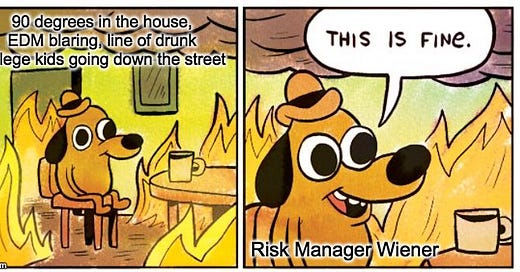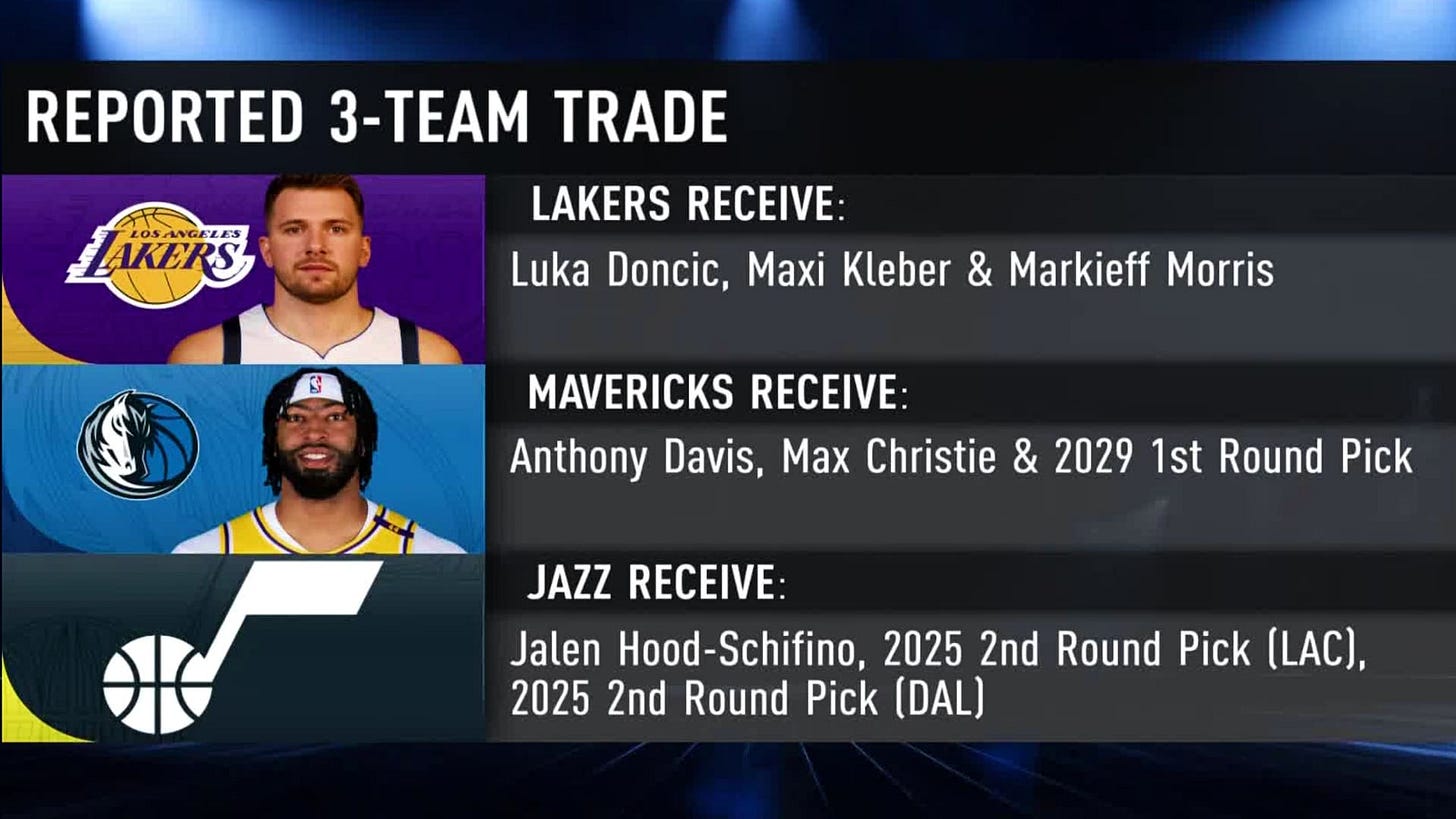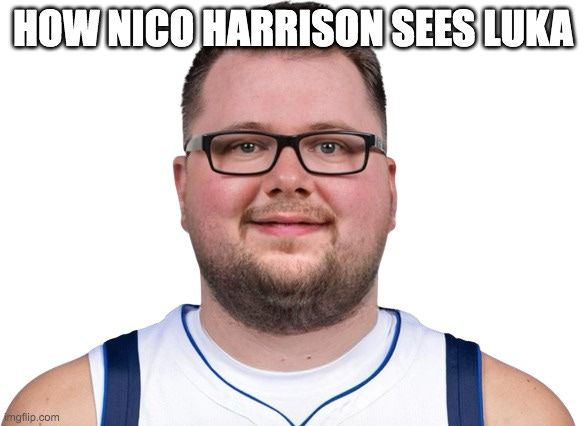In 2018, I was my fraternity’s risk manager. It was a pretty horrid job - I was the counter-balance to the social chairs and recruiters, basically the resident wet blanket. My duties tended to boil down to me pushing for “smaller” parties and more “responsible” events,1 before ultimately just having to acquiesce and find a way to accommodate parties with hundreds of guests without getting busted by the cops.
I recall at least two occasions having to talk to police, and at least two more talking to the university’s fraternity oversight board. But no one got arrested, and we stayed off probation!2
As I look back, in the context of the various issues our fraternity ran into over the years, it’s easy to see the difference that a dedicated risk-focused perspective can make in an organizations decisions. It’s not even that my ideas were good - just that they were there.
Risk management, in my opinion, is more effective as a mindset than a skillset.
This holds true in any organization. If your biotech company employs one operations specialist who, by themselves, conducts weekly checklists and equipment tests, that person is probably going to mitigate risk to an extent. However, if the same specialist instead work with their colleagues to institute those check… that specialist is not going to be very popular. But people will be thinking more about safety, because it touches their daily lives!
I believe that this even holds true in an NBA front office. Granted, the kinds of risks they’re working with are different - not questions of personal safety but questions of placing good bets on the right players. Teams are only allowed to spend a limited amount of capital on their roster, and some players make a lot more money than others. As a result, if you put all your eggs in one basket, and that player is injured all the time (or just doesn’t seem to care),3 you took on a lot of risk and got dutifully burned.
This happens sometimes. A general manager (the guy who puts together a team) who avoids risk is going to lose their job very quickly - what you need is a general manager who takes the right risks.
This is why I believe that Dallas Mavericks GM Nico Harrison’s recent trade of Luka Doncic for the Lakers’ Anthony Davis is a fireable offense. Everything about this screams the wrong kind of risk management.
Quick background: Luka is a generational talent, the kind of guy teams might wait decades to draft. Luka led Dallas to the NBA Finals last year. He’s had the best start to his career since Lebron James. No one in the history of the league has ever traded a player of this caliber at 25 years old. Period.
But it gets worse:
Risk Management Mindset (or lack thereof). Dallas GM Harrison apparently only consulted with his own boss and his counterpart on the Lakers during negotiations. This is egregious. How can you tap into a risk management mindset when you can’t even discuss the process with your own colleagues? Harrison thought that he was mitigating the risk of news leaking to the players and fans, which could give Luka leverage. In reality, he was tainting his own process from the start.
Failure to lock down the value. Harrison did not shop Luka around. Even with some inferior players netting three or four draft or even five draft picks, Harrison felt no obligation to push his asset beyond LA. Without a free market competing to set a price, there is always the chance that the Mavericks accepted a gross under-payment.
Avoiding a “bust”.4 The Mavericks are claiming that Luka’s “poor conditioning” was the catalyst here. They thought that he showed a lack of dedication, that he was never going to be well-conditioned enough to play quality defense, and that having to pay him $350 million for a contract extension was far too risky. Fair… except that their attempts to work with him apparently included what I can only describe as a bizarre sort of tough love:5
From ESPN: “If Doncic wasn't going to change his ways, the Mavericks figured they would prod him by making changes around him. In August 2023, the team fired former director of player health and performance Casey Smith, who has since been hired by Jalen Brunson's New York Knicks. After last season, the Mavs fired strength coach Jeremy Holsopple and manual therapist Casey Spangler. All three had been with the team since before Doncic was drafted and had strong relationships with him.
"They get rid of everybody I like," Doncic griped in recent months, one source said.”
Defense over offense (?). Harrison believes that the team will play more consistently with a top defense, anchored by one of the league’s best defenders in new acquisition Anthony Davis. Typically, defensive performance is more consistent than offense on a game to game basis, since it depends more on effort and communication than shots going in the basket. However, one can’t help but wonder whether they are introducing uncertainty to the team’s offense: Luka has averaged 28.6 points and 8.3 assists since his rookie season. That’s about 45 points which will need to be replaced on a nightly basis, a number which won’t be solved by de-risking the defense.
Age is just a number, apparently. Anthony Davis is 31 with an injury history. Luka is 25 with an injury history. The “prime” of a player’s career is in their late 20s. The average NBA player retires at 28. Even if you believed that the two are of the same skill level, the odds are very high that, in two years, Luka will be vastly better than Davis. Going all in on the short-term is quite risky, in my humble opinion.
Doubling down. The Lakers had two draft picks to trade (2029 and 2031).6 For some reason, the Mavericks only took the 2029 one. Assuming that, for some godforsaken reason, both picks were not options, I just don’t get why they didn’t choose the 2031 one. That gives you two more years for Luka to hopefully leave the Lakers, causing the team to be bad and the traded draft pick (which the Mavericks now own) to be good. Taking the 2029 pick, when Luka is almost certainly in Los Angeles, screams that Harrison believes that Luka will not make the Lakers good. Given that Harrison already made that opinion clear when he traded Luka in the first place, this seems unnecessarily risky. Not hedging his bets at all!
In summary: for all the claims of mitigating risk by shipping off a difficult and injury prone superstar, it feels like Nico Harrison has unilaterally committed the Mavericks to a short-term push for a title (no matter how much he insists that this is a long-term move). Fast forward a couple years, it’s easy to imagine Luka balling in LA, Anthony Davis enjoying a retirement, and Nico Harrison day-drinking at some seedy bar, wondering where he went wrong.
This wasn’t a popular or convincing position, for obvious reasons.
At least for a little while.
Looking at you, Embiid.
A term used to describe highly rated players who fail to live up to their potential. This is ironic, since we already know that Luka is worth whatever you have to pay him.
Call me old-fashioned, but communicating with people directly and finding ways to make both sides happy usually helps resolve these disagreements.
Each team gets to draft two players per year. If you trade a draft pick for a given year to another team, they get to use that pick instead of you. This is quite dangerous - bad teams get better picks, so you can get stuck in a hole if you’re bad while a rival owns your draft pick.






The “this is fine” meme is too funny. Sounds about right.
Death Taxes and Probation